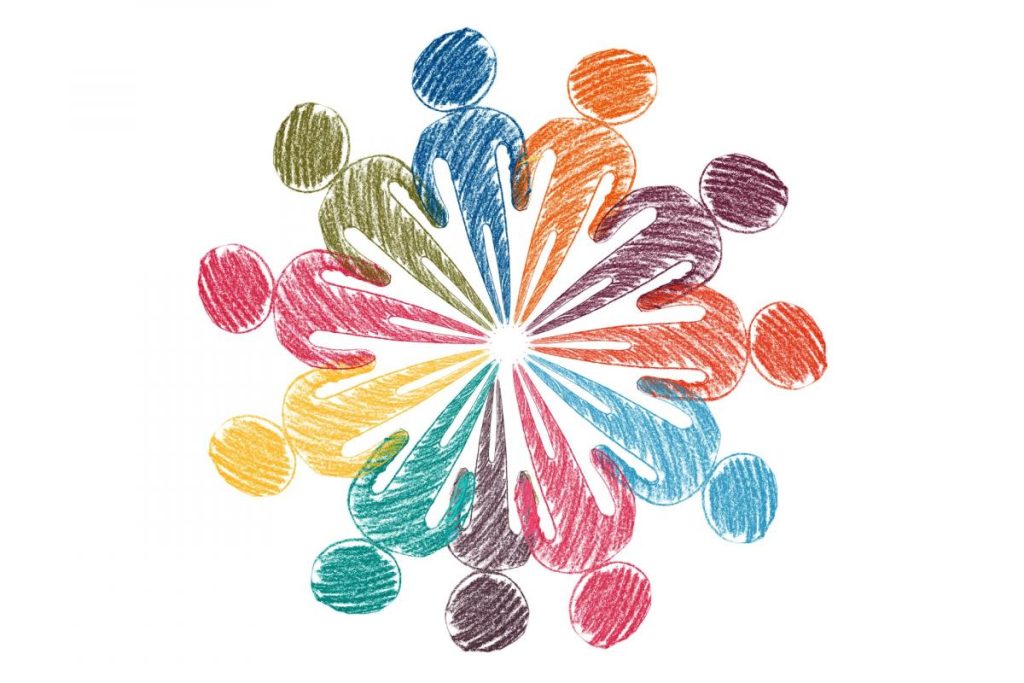
Shia Interactions with Non-Muslim Communities in America

Shia Interactions with Non-Muslim Communities in America
Shia interactions with non-Muslim communities in America used to be limited before the events of 11 September even though the Shia community has been present in America since the late nineteenth century. However, since then, Shias have recognized that they cannot afford to live in impregnable fortresses and that living in a pluralistic milieu requires an active engagement with the other. The events of 9/11 also proved to the American Shia community, if any proof were needed, that pluralism in America is a social reality from which it cannot escape. In fact, many Shias have become more visible, vocal, and extroverted while others have stressed their American rather than homeland identity.
In addition, Shias have become more aware of the need to give back something to American society. They realized that it is better to speak with, rather than about, the other. Shia leaders in America have exchanged visits with numerous Christian and Jewish groups, and many U.S. federal agencies and political figures have visited Shias in their places of worship.
For example, Michael Chertoff, head of the Department of Homeland Security, visited local Muslim leaders in July 2007 at the Kerbala Center in Dearborn. He encouraged religious leaders in attendance to “not stand on the sidelines and watch people misrepresent our religions.” He also encouraged Muslim youth in the direction of government service.
American Shias have increasingly expressed themselves in various genres of discourses so that they can be both physically and intellectually visible. Exchange visits have occurred at different levels, not only from interfaith groups but with community leaders as well. In 2007 Cardinal Adam Maida, the Roman Catholic archbishop of Detroit, visited the Islamic Center of America in Dearborn to meet with imam Hassan Qazwini, the spiritual leader of the Islamic Center, along with Muslim leaders and representatives of various Muslim organizations in Michigan, such as CAIR, Islamic House of Wisdom, and Unity Center. In their meeting Cardinal Maida and the Muslim leaders discussed Catholic-Muslim relations.
Various Shi‘i groups in America have engaged in outreach programs. They have spoken at local events, conferences, and places of worship. Imam Hasan Qazwini, for example, was invited by the Michigan state senate to deliver a prayer and open a senate session in Lansing. He also visited the White House and led a prayer opening the session of Congress in Washington in 2003. In May 2008, he met with Senator Barack Obama, the Democratic presidential candidate.
Taken from: “ Shi’ism in America”
By: Liyakat Nathani Takim